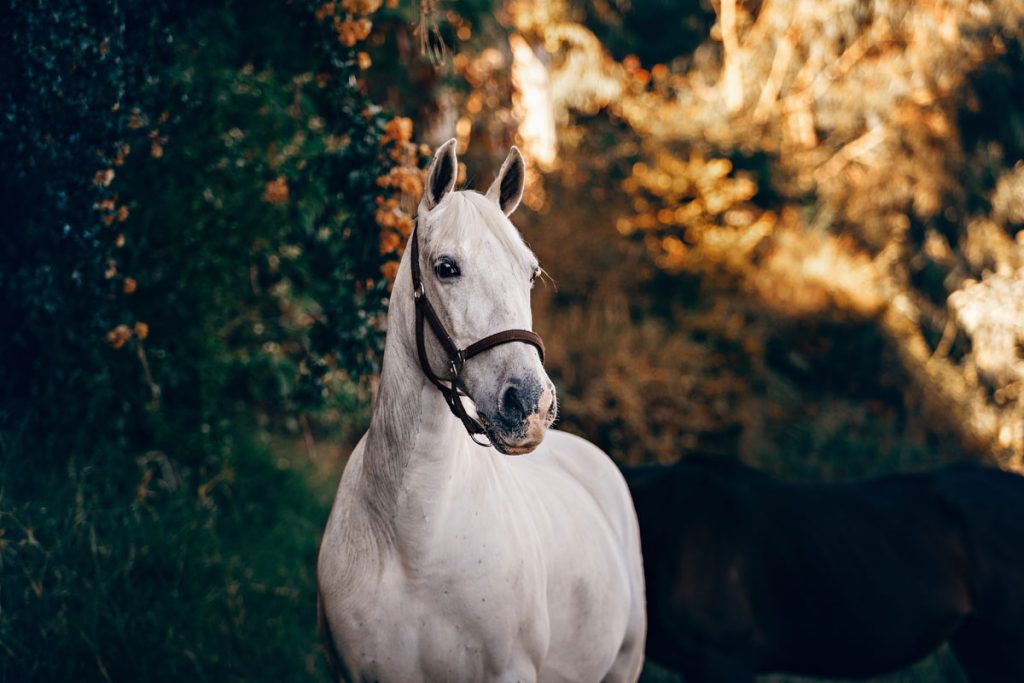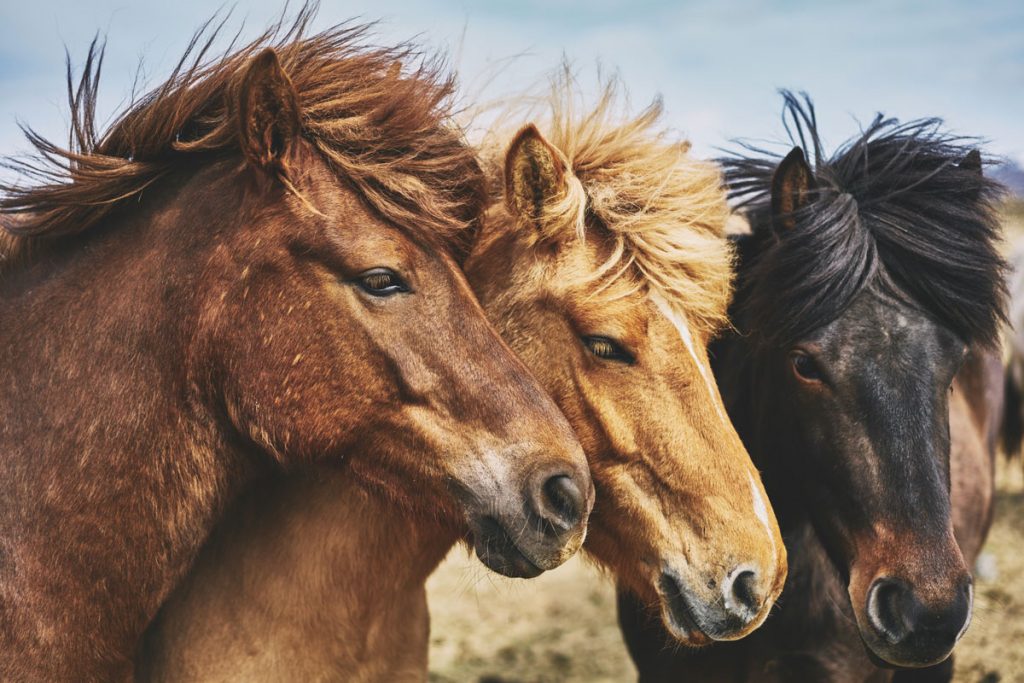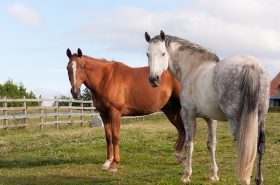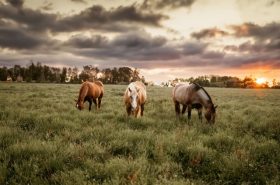What kind of personality does your horse have?
Most equestrians recognize there are many unique horse personalities and traits. Much like people, these characteristics shape their behavior and how they handle situations. It can take some time for your horse’s true personality to shine, but stay patient! In time, their quirks and subtle traits will become very obvious.
In the equine world, there are a few dominant horse personalities that come up over and over again. Your horse may fall into one of these categories or he may be a mix of a few. Once you identify your horse’s personality traits, it will be easier to train them. Your communication can improve!
Seven Common Types of Horse Personalities
Challenging
The challenging horse will test boundaries. Not only are they usually the leader in their herd, but they may also try to lead you! It can be hard to gain their respect. With clear and well-timed aids, you stand a chance at successfully riding this horse. You’ll have to be aware of each and every signal though. There’s no slacking with them!
Fearful
A spooky horse is typically on the fearful side. Every new environment and situation can cause them to panic. They have a strong flight response. These horses require an experienced and patient person to build up trust. Because they usually react suddenly, their riders and handlers should always be aware of their surroundings. Don’t let this type of horse catch you off guard.
Grumpy
Is your horse always pinning its ears? You may have a grump on your hands. This horse might show a lack of interest in people, the barn, and even other horses. Everything seems to make them miserable! You’ll frequently see these horses with pinned ears, a swishing tail, and bared teeth. Careful, grumpy horses have no problem biting or kicking out! You better have quick reflexes.
Sensitive
Some riders consider a sensitive horse- treasure! In the wrong hands, this type of horse can mean trouble. A sensitive horse is usually forward under saddle, reacts lightly to aids, and puts effort into its work. On the other hand, they’re also quick to take offense. These horses can panic or enter a flight state if they don’t understand the aid correctly. They do best with an experienced rider.
Easy-Going
Perfect for beginner riders, the easy-going horse is kind and understanding. They won’t overreact to incorrect aids. In fact, they’re very forgiving! Their cool temperament allows them to handle new situations with ease. However, they tend to be on the lazier side. The easy-going horse may not have enough strut to get them in the winner’s circle at shows. They will give you immense confidence though!
Social
These horses are in everyone’s business. They’re the ones with their heads hanging over the stall doors, just begging for a scratch or pat! It can be a great thing to have a horse interested in its environment. They’re attentive and fairly easy to train. However, these horses also tend to have shorter attention spans and can become pushy. They insist on being in your space, which is a sign of disrespect. Often, a firm handler is necessary!
Pleaser
Loyal and hardworking, this bunch is gold to equestrians. Their traits are similar to the sensitive types. This horse is usually forward, on the aids, and reacts quickly. They don’t need to be told something twice. And while their work ethic is amazing, they can become frustrated with an inexperienced rider. They’re so eager to please that aids need to be sharp and understandable.
Most horses end up falling into a few categories, but one type usually stands out the most. Depending on your needs, some personality traits may be more to your liking. Novice or timid riders benefit from an easy-going horse, while skilled riders usually prefer a sensitive type.
Love this blog post? We think you will like: When Do Horses Stop Growing?





